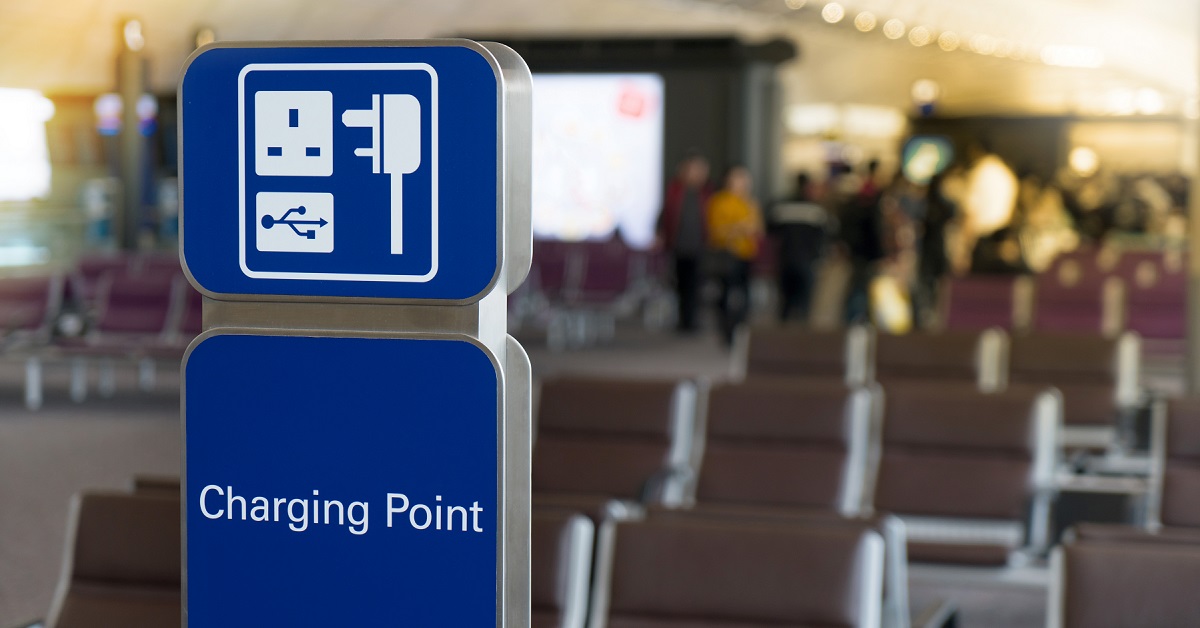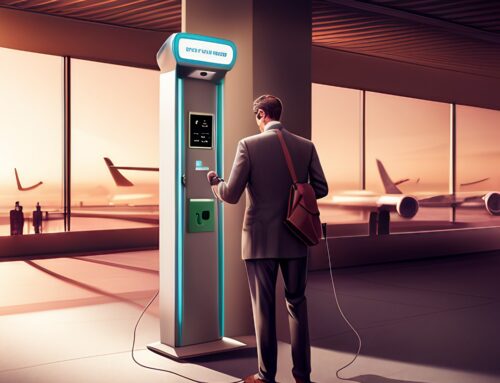What’s more important to corporate America these days than data security and privacy? Likely nothing. With the rise of cyber-attacks, data breaches, and data theft, it is crucial to take proactive steps to safeguard our devices and personal information. One essential tool in this mission is a USB data blocker. Let’s look at how a USB data blocker can protect your devices and ensure your data privacy.
Understanding USB Data Blockers
USB data blockers are simple, yet powerful devices designed to protect your devices from potential security threats. They work by allowing the flow of electric power while blocking any data exchange between your devices and potentially malicious USB ports. Unlike USB charging where only power is transferred, USB data transfer can pose significant risks to your device’s security and your personal information.
The Need for Device Protection
Public USB charging stations may seem convenient, but they can also be breeding grounds for hackers and malware. When you connect your device to an unknown USB port, you expose it to potential dangers such as data breaches and data theft. Hackers can exploit these untrusted ports to inject malware or viruses into your device and gain access to sensitive information.
How USB Data Blockers Protect Your Devices
USB data blockers are your first line of defense against cyber threats and data breaches. By preventing data exchange, they ensure that your device remains protected from malware or viruses that may be lurking in an untrusted USB port. With USB data blockers, you can confidently charge your device without worrying about compromising your data security.
Ensuring Your Data Privacy
USB data blockers play a crucial role in protecting your personal information from being compromised. They safeguard your data privacy by preventing hackers from accessing your device and stealing sensitive information such as passwords, credit card numbers, or personal identity details. In an age of increasing cyber threats, USB data blockers are an invaluable tool to keep your data private and secure.
Best Practices for Device Security
While USB data blockers add an extra layer of security, it is important to adopt other best practices for device security. Implementing strong passwords and enabling two-factor authentication can significantly enhance your device’s protection. Regularly updating your devices and software is equally important, as it ensures you have the latest security patches to fend off potential threats.
Staying Safe Online
Beyond USB data blockers, there are additional precautions you can take to stay safe online. Recognizing and avoiding phishing attempts is crucial in protecting your personal information. Practice safe browsing by using secure networks and being cautious when downloading files or opening links from unknown sources. By taking these measures, you can further enhance your online safety and protect yourself from cyber-attacks.
Key Takeaways
- USB data blockers protect your device from potential security threats.
- Public USB charging stations can expose your device to hackers and malware.
- USB data blockers prevent data breaches and data theft.
- They safeguard your personal information and ensure data privacy.
- Strong passwords and two-factor authentication enhance device security.
- Regularly updating devices and software is essential for protection.
- Recognize and avoid phishing attempts for online safety.
- Practice safe browsing and be cautious when downloading files or opening links.
- USB data blockers are an essential tool for enhanced online security.
- Take action now and invest in USB data blockers to protect your devices and ensure data privacy.
Now is the time to prioritize your device protection. Invest in a USB data blocker to enhance your online safety and enjoy peace of mind knowing your devices and personal information are secure. Don’t compromise on your data security – take control and stay protected with a USB data blocker.










